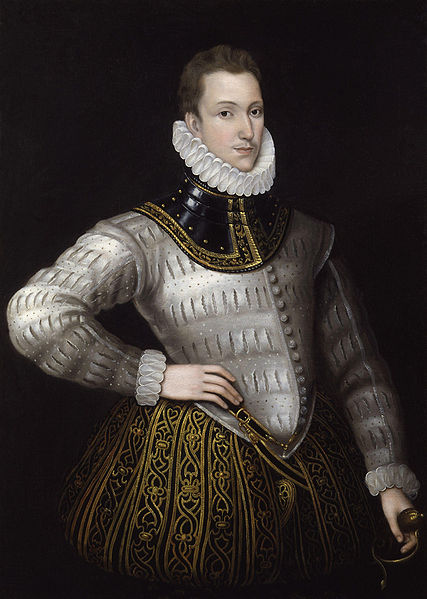Timothy Findley was born in 1930 and he lived until 2002. He was originally from Toronto, and is one of the most well known novelists in Canadian history. Findley himself was homosexual, and it is known that his family was less than accepting of his preferences, particularly in the beginning. His original chosen career was ballet, but for medical reasons he was unable to pursue it, so he moved on to acting. After much frustration with a string of minor roles he turned to writing. He had minor literary success up until he published The Wars in 1977, which was one of the most critically acclaimed novels written by Findley. He published several other novels before he died, including Not Wanted on the Voyage: one of my personal favourites.
So, first thing's first: The Wars
As mentioned earlier this is Findley's most critically acclaimed work, and likely his most popular novel among the general public as well. I was introduced to this novel through my Canadian Literature class at my University. I had previously read Findley's Not Wanted on the Voyage (a novel I'll speak about shortly) and was curious as to what this novel had to offer.
After reading it I was not surprised to see it on the recommended literature list for Alberta's high school English courses, and was even more impressed with Findley than I was previously.
The most gripping aspect of the novel is the lack of typical war glorification. It is most common to see movies and read novels full of war heroes and their brave actions that save many lives, but Findley takes a more realistic approach to the topic. Robert Ross is far from your typical hero, and through his experiences many topics are brought up for discussion: the mental consequences of war, soldier suicide, and the realities of trench warfare (to name a few).
If you're looking for an interesting example of symbolism while reading this novel pay extra attention to the significance of each of the four elements: Earth, Air, Fire, and Water. It is a most interesting study, and you will likely find many things to make note of (I did a presentation on such representations in my class at the University).
And now on to my favourite: Not Wanted on the Voyage
Forgive me if I misrepresent any faction of this novel, for I haven't read this novel in several years (I intend to pick it up again this summer). I was introduced to Findley through NWotV in my first year of university by one of the most brilliant professors I have ever had the pleasure of learning from. Prior to this I had never heard of Timothy Findley, and I was to later learn that it should likely be considered a crime.
Not Wanted on the Voyage is, in its most basic form, the parable of Noah's Ark, but if I were to say only this I would be misleading you. Imagine reading Noah's Ark through whatever-colour-is-the-opposite-of-rose coloured glasses, then introduce infidelity, a blue son of Noah's, monkey-children, unicorns, and talking animals. Now you have Not Wanted on the Voyage.
I must warn against reading into this as Findley's 'version' of what may or may not have occurred, as for some this may cause a severe dislike for Findley as an author. Findley is not alive today to defend himself against any accusations, and so it is important to take from the work what we wish, but to attribute such leavings to our own readings of the novel, and not necessarily the designs of the author.
That said, this novel is a favourite of mine, and I greatly recommend it, along with The Wars.



